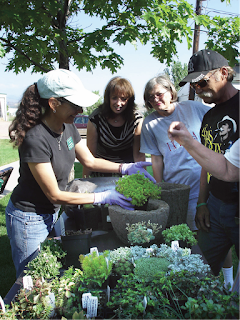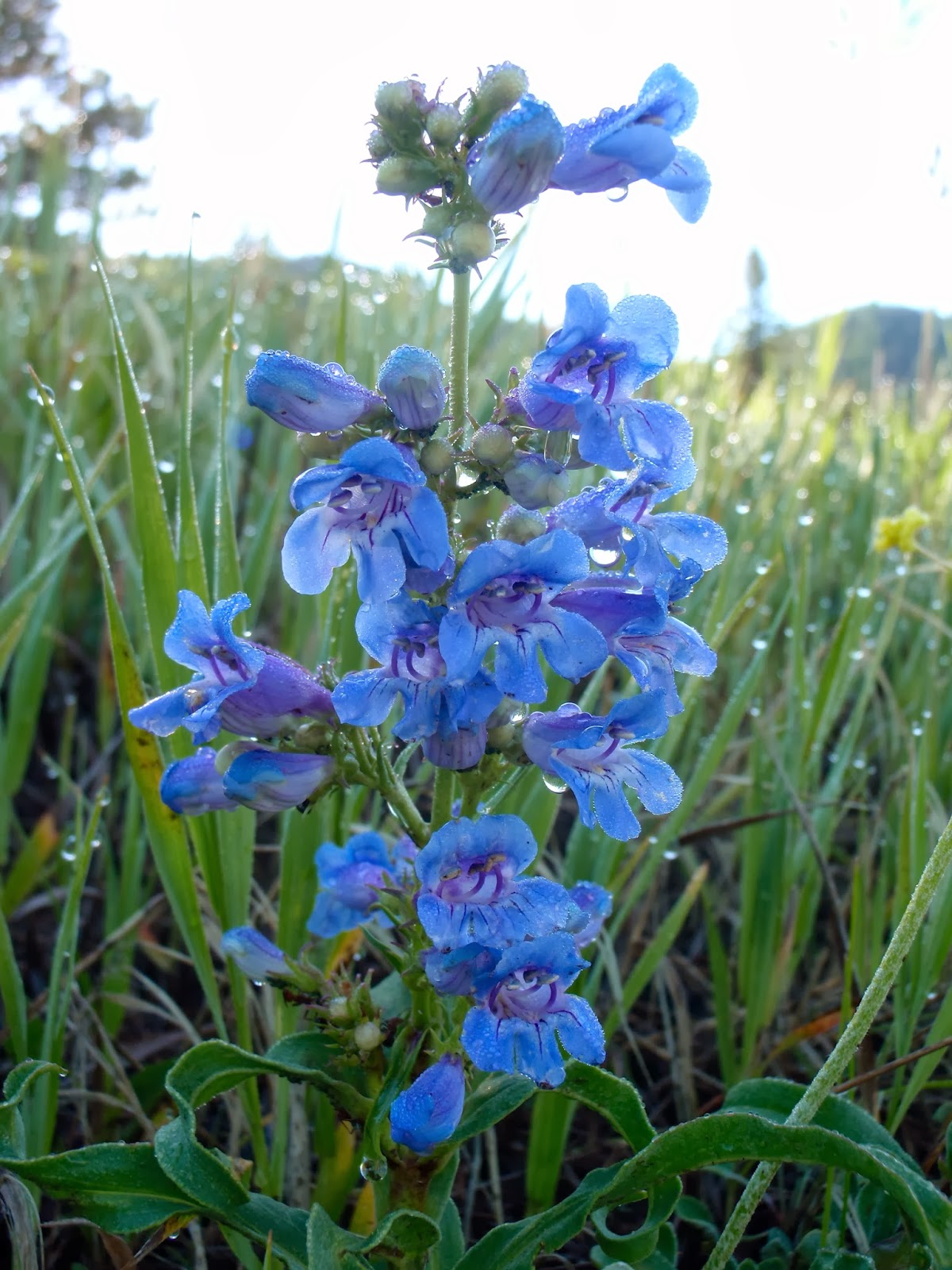 |
| Astronaut Scott Kelly's Twitter Post |
This week some exciting news came from the International Space Station. An experiment to grow zinnia flowers was successful and resulted in the plants sprouting, growing and then producing bright flowets.
Here on earth, Zinnias are know as one of the easiest and hardiest flowers to grow. But according to the following article, there were some challenges including too much and too little humidity and of course trying to get plants to sprout and keep stable in the absence of earthly gravity.
Unlike some of the vegetables they have successfully grown such as Romaine Lettuce, the flowers needed more attention to get them to grow as a healthy plant without disease or other problems. The flowers also took more time to grow and develop compared to lettuces. An additional interest with this flower is that it is edible.
The “Veggie Lab” is planned to be an ongoing experiment onboard the Space Station with goals to be able to produce fresh food for the astronauts.
This is the second flower to be tested and grown on the ISS, the first was a small sunflower. The variety of the Zinnia grown on the ISS is Zinnia hybrida “Profusion”. The seeds are readily available from a number of seed companies.

















